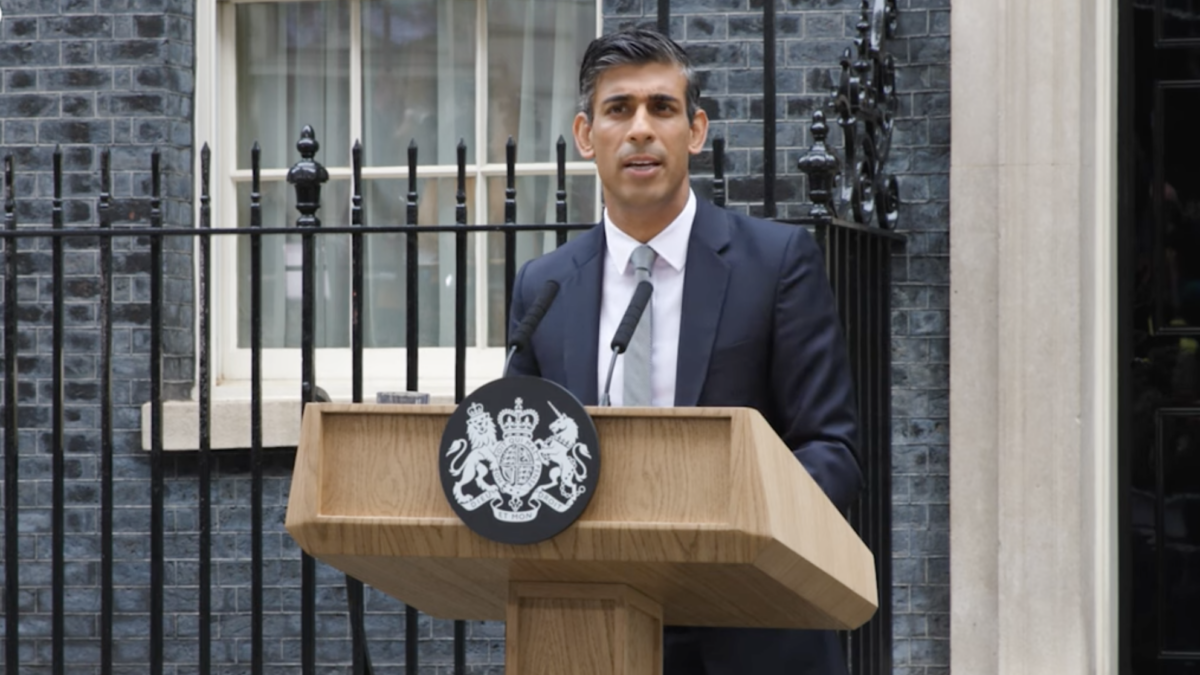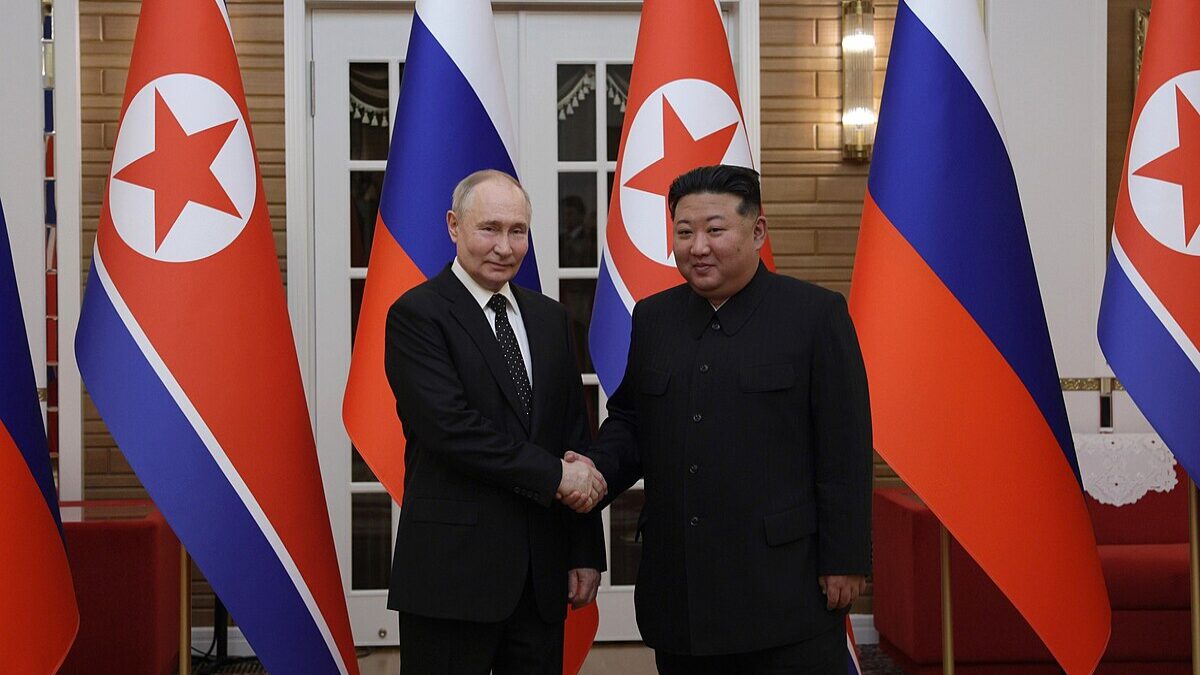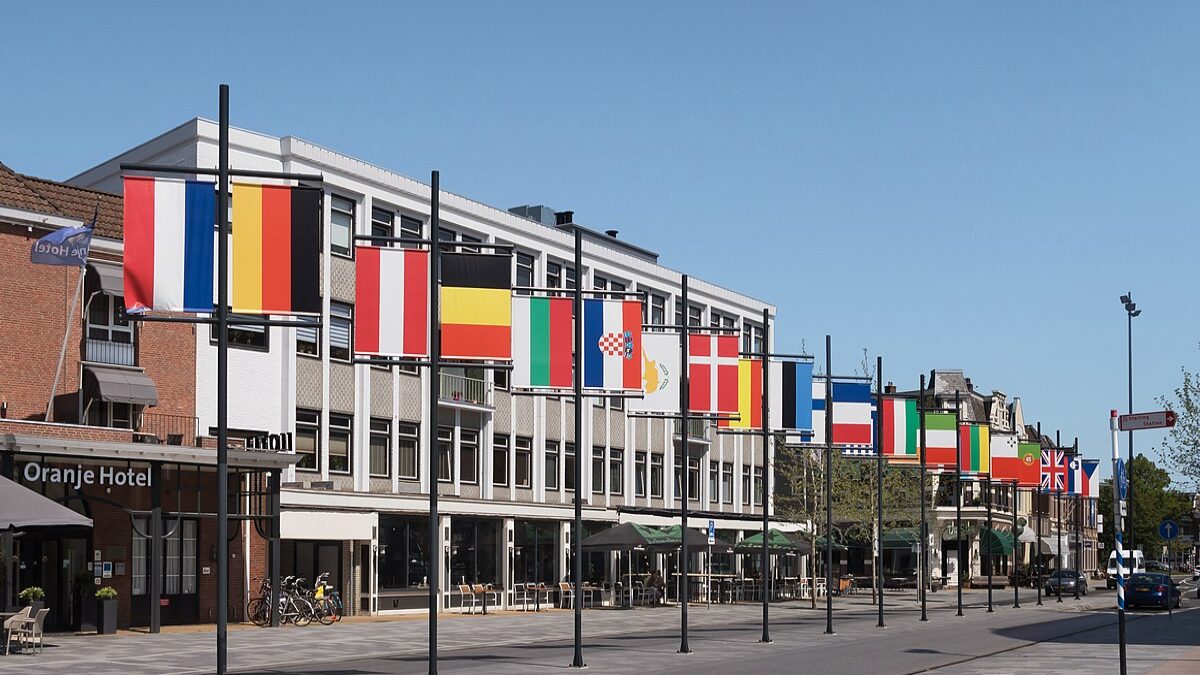
Natalie Portman apparently thinks Jews spend too much time talking about the Holocaust and anti-Semitism. In an interview about her new movie with the British Independent, the Oscar-winner made provocative and newsworthy observations. However, they were also problematic for a variety of reasons.
Portman’s most insightful comment is also her most incendiary: “‘I think a really big question the Jewish community needs to ask itself, is how much at the forefront we put Holocaust education. Which is, of course, an important question to remember and to respect, but not over other things…’” Portman is right that for the sake of Jewish continuity, American Jewry should spend less time talking to our children about the Holocaust as some implicit explanation for why it’s important to be Jewish.
The Holocaust was absolutely evil, and there is always the risk a genocide could be attempted again (this time, more likely by the Iranian regime). However, there is also so much more to being Jewish than the suffering inflicted by hateful outsiders. Young Jews should experience the beauty and vibrancy of our religious, cultural, and intellectual heritage; they should embrace Judaism for positive reasons, rather than out of some sense of historical guilt. Portman is right that the Holocaust needs to be taught as part of a full-spectrum Jewish education.
That said, the Holocaust was a seminal event both for the world and in recent Jewish history. And it’s foolish to think that Jews wouldn’t teach their children that Jew-focused hatred still exists, as opposed to only more generalized hatred. Anti-Semitism is a frighteningly real part of life for Jews in contemporary Europe. Anti-Semitic incidents have increased 84 percent in 2015 alone in France, and the number of French Jews moving to Israel has recently spiked.
Jews Are Not Like Every Other Persecuted Ethnicity
Beyond this, Portman’s comments descend into dangerously generalized cliches: “‘We need to be reminded that hatred exists at all times and reminds us to be empathetic to other people that have experienced hatred also. Not used as a paranoid way of thinking that we are victims.’”
Now, it’s true that hatred of “the other” may be timeless and global, but this comment sounds somewhat dense, especially for a Jew. Is there another religious or ethnic minority that has been persecuted so consistently across time or space? Historically, Armenians may not have felt safe near the Turks, nor Koreans near the Japanese, but Jews have been made to feel unwelcome in locales across the globe.
The Holocaust was an attempt to annihilate world Jewry, and German efficiency’s application to the task destroyed approximately two-thirds of European Jewry and over one-third of world Jewry. That’s not a blip. Demographically speaking, the Holocaust’s devastation still hasn’t been fully reversed, and science now suggests that survivors’ descendants live with ongoing trauma on a genetic level. Otherwise, who’s paranoid? Israel’s existence is the bulwark against helplessness that Jews lacked in 1939. That’s why its existence matters.
Jews Also Understand Others’ Suffering
Seemingly referencing Bibi Netanyahu’s warnings to the world about Iran, Portman remarked, “‘Sometimes it can be subverted to fear-mongering and like ‘Another Holocaust is going to happen.’” The Obama administration, which has publicly criticized Iran Deal critics, presumably cheers Portman’s making this point. The Iranians already fund terrorist groups on Israel’s borders and publicly discuss destroying Israel. Approximately 6 million Jews live in Israel, making it home to the world’s largest Jewish population, having now overtaken the United States. As Israel’s democratically elected leader, protecting those lives is something that should—and does—concern Bibi Netanyahu.
Lastly, Portman describes visiting Rwanda in 2007 and learning about the Rwandan genocide. She complains that she learned about the Holocaust in school, but not about this African atrocity because Jewish education is too parochial. This strikes me as absurd.
I can’t comment with authority about Rwanda, which President Clinton botched while I was in high school, but I worked at the U.S. State Department in 2006 to 2007, during the height of the Save Darfur campaign. I was hired to be the speechwriter in the Bureau of African Affairs, but over time, I functioned as something like a public liaison, too. The Jewish community was constantly contacting both the White House and the State Department, pressing the U.S. government to do more. There are no Jews in Darfur, but it was crucial to American Jews, steeped in the lesson of “Never Again,” to do what they could to help innocent people being massacred half a world away.
In my mind, that may be Portman’s biggest blind spot—her sense that Jews aren’t empathetic or aware of others’ suffering. That has never been my experience. I daresay that Jews with an understanding of our history and perpetual minority status may be more attuned than most, because we understand what it means to truly suffer.









